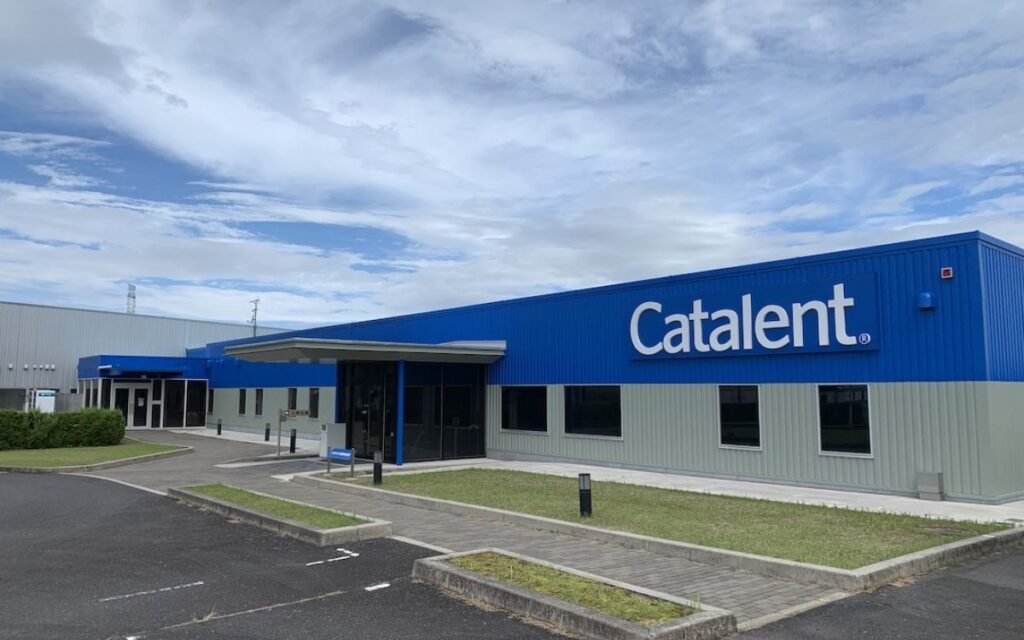Catalent, having overcome the challenges posed by the pandemic, now faces another potential setback in the form of what analysts are dubbing the “Elevidys cliff.” This predicament arises following Sarepta Therapeutics’ recent disappointing results in a confirmatory trial for its Duchenne muscular dystrophy (DMD) gene therapy, Elevidys.
Sarepta holds a significant position in Catalent’s non-COVID business, making the future of their Elevidys manufacturing collaboration uncertain if Sarepta fails to secure label expansion for its DMD gene therapy. Consequently, Catalent’s stock experienced a 14% decline in response to Sarepta’s announcement.
Sarepta’s business accounted for nearly 10% of Catalent’s total revenue in the 2023 fiscal year, which increases to 30% when excluding COVID-19 biologics. While Sarepta is currently maintaining manufacturing activities for Elevidys, the future outlook hinges on label expansion, given Sarepta’s crucial role in Catalent’s revenue.
Also Read: Sarepta Therapeutics Makes History With FDA Approval Of Elevidys, The First Gene Therapy For Duchenne Muscular Dystrophy
For the immediate future, Sarepta remains committed to Elevidys and its label expansion aspirations, allowing Catalent some respite. However, a failure to achieve this expansion could have a substantial impact on Catalent’s financial performance, potentially leading to a considerable reduction in revenues and margin pressure as they navigate unexpected changes in viral vector capacity.
Beyond the current fiscal year, the outlook becomes less certain. Sarepta already possesses a substantial supply of Elevidys doses from recent years, which could result in a significant decline in Catalent’s annual opportunities, potentially falling to around $150 million by fiscal 2025 and beyond, as suggested by William Blair analysts.
In the prior year, the collaboration between Catalent and Sarepta yielded approximately $425 million in revenues, with the potential for growth to reach $700 million in the current fiscal year under optimistic assumptions. It’s worth noting that the production agreement between Catalent and Sarepta extends until 2028 and includes unspecified minimum order quantities each year.
Also Read: Sarepta’s Breakthrough DMD Gene Treatment, Elevidys, Triumphs FDA Hurdles At $3.2M
Catalent, which experienced a surge in demand for COVID-related manufacturing at the outset of the pandemic, saw its sales decline as the crisis abated, recording $4.23 billion in overall sales during fiscal year 2023, marking an 11% decrease from the preceding year. The company remains cautiously optimistic about its future but refrains from commenting on its customers’ clinical trials and market report assumptions.
The uncertain outcome of Sarepta’s efforts to secure label expansion for Elevidys adds a layer of complexity to Catalent’s future revenue prospects.





























